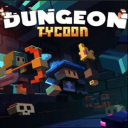Starfield: Bethesda's Space RPG Revolution or Another Fallout in Space
Sep-13-2024
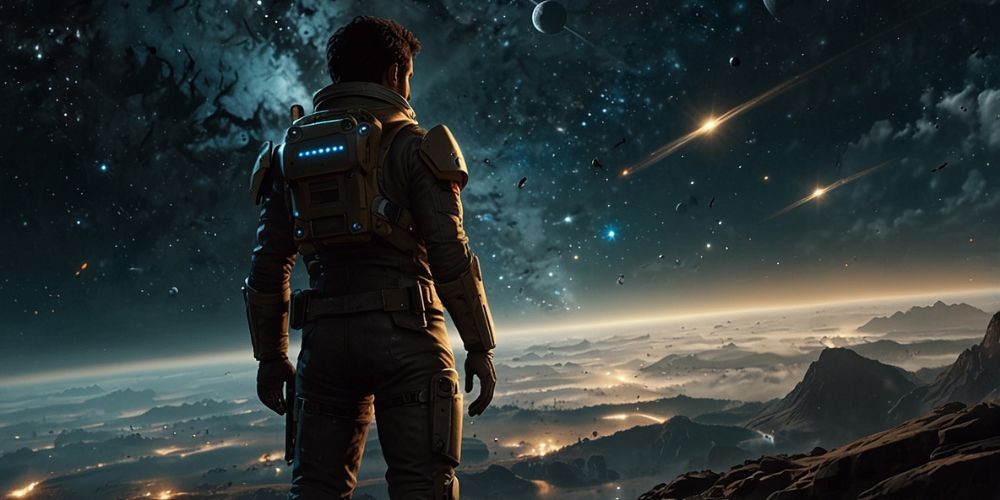
Bethesda Game Studios has long held a dominant seat at the table of RPG development. With astronomical successes like The Elder Scrolls and Fallout series, the studio's latest venture, Starfield, has faced considerable anticipation and scrutiny. As the release date approaches, gamers and critics alike are pondering whether Starfield will chart a new course in space exploration narratives or merely orbit familiar territory as "Fallout in space."
Ambitious Ventures and Celestial Hopes
Bethesda's pronouncement of creating an entirely new universe with Starfield sent waves of excitement rippling through the gaming community. The vision is as vast as the cosmos it seeks to represent—players will chart their expeditions across a galaxy brimming with unexplored planets, alien species, advanced technologies, and uncharted mysteries. With nearly every announcement, expectations have only soared higher.
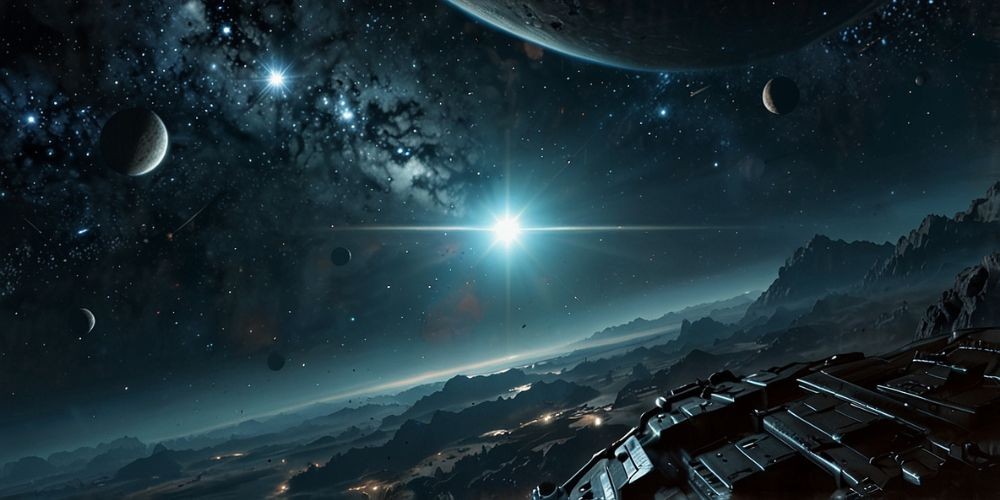
Todd Howard, the director behind many of Bethesda’s successes, emphasized the "NASA-punk" aesthetic, promising a grounded yet futuristic experience. This conceptual middle-ground seeks to strike a balance between the exaggerated sci-fi tropes and realistic portrayals of space exploration. However, the broader gaming community seems split into two factions: those who envisage Starfield as a game-changer and those who express trepidation about its potential parallels to the Fallout franchise.
Echoes of the Past: Fallout Comparisons
The skepticism surrounding Starfield often roots itself in observed patterns from Bethesda’s catalog. Fallout, particularly Fallout 4 and Fallout 76, while enjoying significant commercial success, faced critique for repetitive storytelling elements, technical glitches, and a feeling of narrative déjà vu. This fear looms large over Starfield, raising concerns that it might share too many elements with its terrestrial predecessor.
However, there are fundamental differences that might reassure skeptical fans. Fallout's post-apocalyptic Earth setting, steeped in retro-futuristic vibes, contrasts starkly with Starfield's expansive and theoretically infinite universe. Bethesda has reiterated that Starfield represents a fresh start—a blank canvas with a different set of tools and brushes.
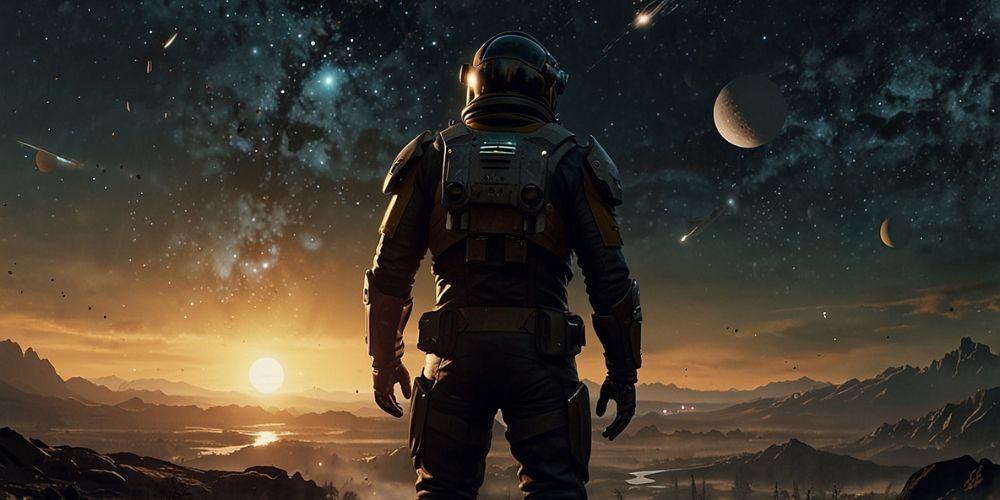
For instance, in Starfield, players will ascend into spacetime with unparalleled custom spaceship designs. Each interstellar craft can have its components customized, impacting performance and aesthetics. This feature promises to go beyond what was available in Fallout, delivering a new depth to player creativity. Moreover, the promise of hard sci-fi themes could steer Starfield's narrative in a more cerebral direction, dealing with issues of humanity's place in the universe, unlike Fallout's more survivalist, resource-driven themes.
Crafting a Universe: The Development Journey
Building a new intellectual property from scratch is no small feat, and for Bethesda, Starfield represents their most ambitious undertaking in over 25 years. The studio's decision to take its time to develop Starfield, reportedly in the making for nearly a decade, demonstrates its commitment to quality over speed. Lessons learned from previous titles are presumably being applied meticulously to avoid past pitfalls.
For example, the Creation Engine received a significant overhaul for Starfield, aiming to deliver a more polished and visually stunning experience than its predecessors. This inclusion of enhanced AI, refined animation systems, and broader, procedurally generated environments is set to distinguish Starfield from earlier Bethesda games. Each planet's topography and ecosystem could present unique challenges and encounters, providing a firmer aspect of discovery for the player.
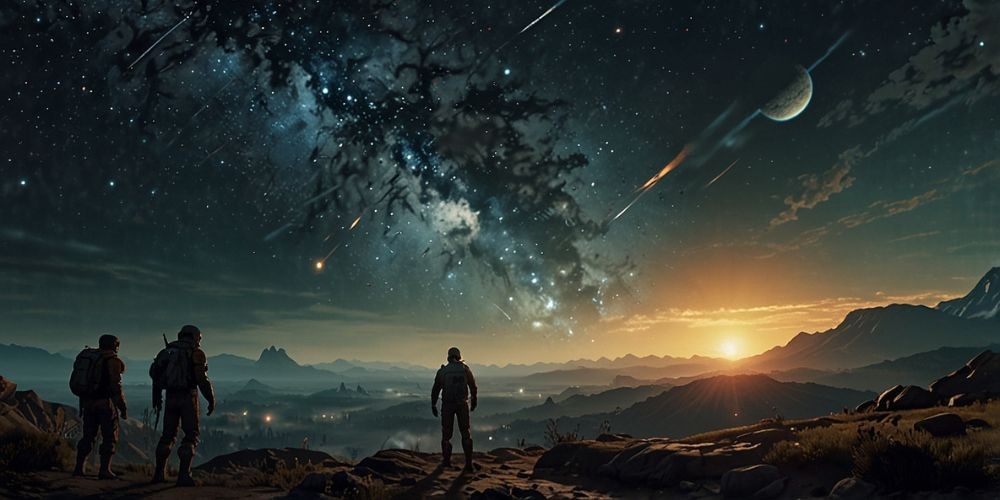
Moreover, Bethesda’s collaboration with experts in space science, presumably to ensure authenticity in space travel mechanics and astronomy, suggests a more immersive and realistic game universe. The longevity of Starfield might thus depend on the depth and accuracy of its universe-building.
Differentiation from Competitors
The space RPG isn't an entirely nascent genre; other titles like Mass Effect, No Man's Sky, and Elite Dangerous have paved the way, each offering distinct experiences. Therefore, Starfield must carve out its niche to avoid redundancy in a field with established giants.
One significant advantage Starfield might harness is the in-depth narrative approach Bethesda is known for. While Mass Effect excelled with its character-driven saga and No Man’s Sky gained redemption through continuous updates, Starfield can leverage Bethesda's storytelling prowess to blend complex characters, intriguing lore, and choice-driven plots.
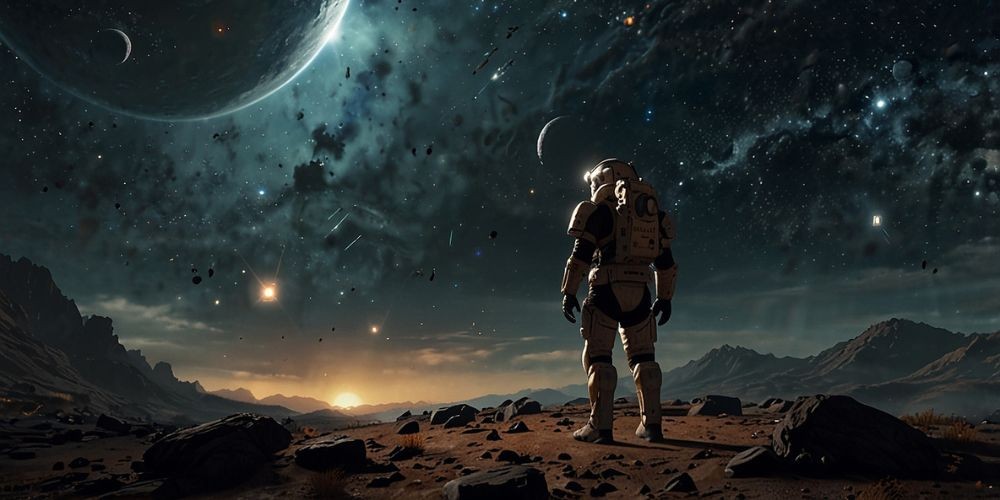
The prospect of faction systems, reminiscent of those in Skyrim and Fallout but potentially more evolved, can add layers of replayability. Players can ally with or antagonize various entities throughout the galaxy, impacting the game's ending and providing diverse gameplay experiences across multiple playthroughs.
Community Speculation and Expectations
Despite the grandeur promised, the apprehensions have not receded completely. Bethesda's history with launching buggy games has not been forgotten; fans are cautiously optimistic yet acutely aware of potential disappointments. The current climate of game releases affirms that a buggy or incomplete launch can severely hamper a game's reception and longevity.
However, with an increased corporate emphasis on post-launch support and possible DLC expansions, Starfield might remain a dynamic entity post-release, evolving based on player feedback and technological advancements. The focus on modding communities could also play a significant role. Bethesda titles have historically thrived due to robust modding support, enabling communities to add their narratives, mechanics, and enhancements.
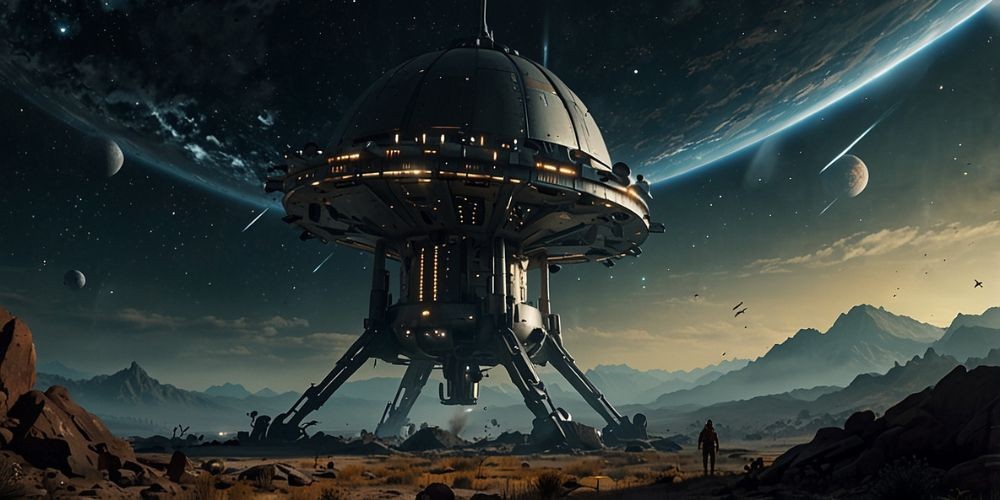
Conclusion: Uncharted Space Awaits
In the highly competitive and rapidly evolving landscape of video games, Starfield is poised at a pivotal juncture. The title holds the promise of innovation, stirring the imagination of exploring the uncharted cosmos. Whether it will establish itself as a benchmark in space RPGs or echo the critiques faced by recent Bethesda entries remains to be seen.
Ultimately, Starfield's legacy will depend on its capacity to offer a compelling, immersive, and novel experience that resonates with both fans and newcomers. The gamble is significant—Bethesda is betting on players' eternal fascination with space and the unknown. To chart a new trajectory, Starfield must boldly go where no RPG has gone before, ensuring its story-telling, mechanics, and gameplay rise above mere comparisons to its famed predecessors.
